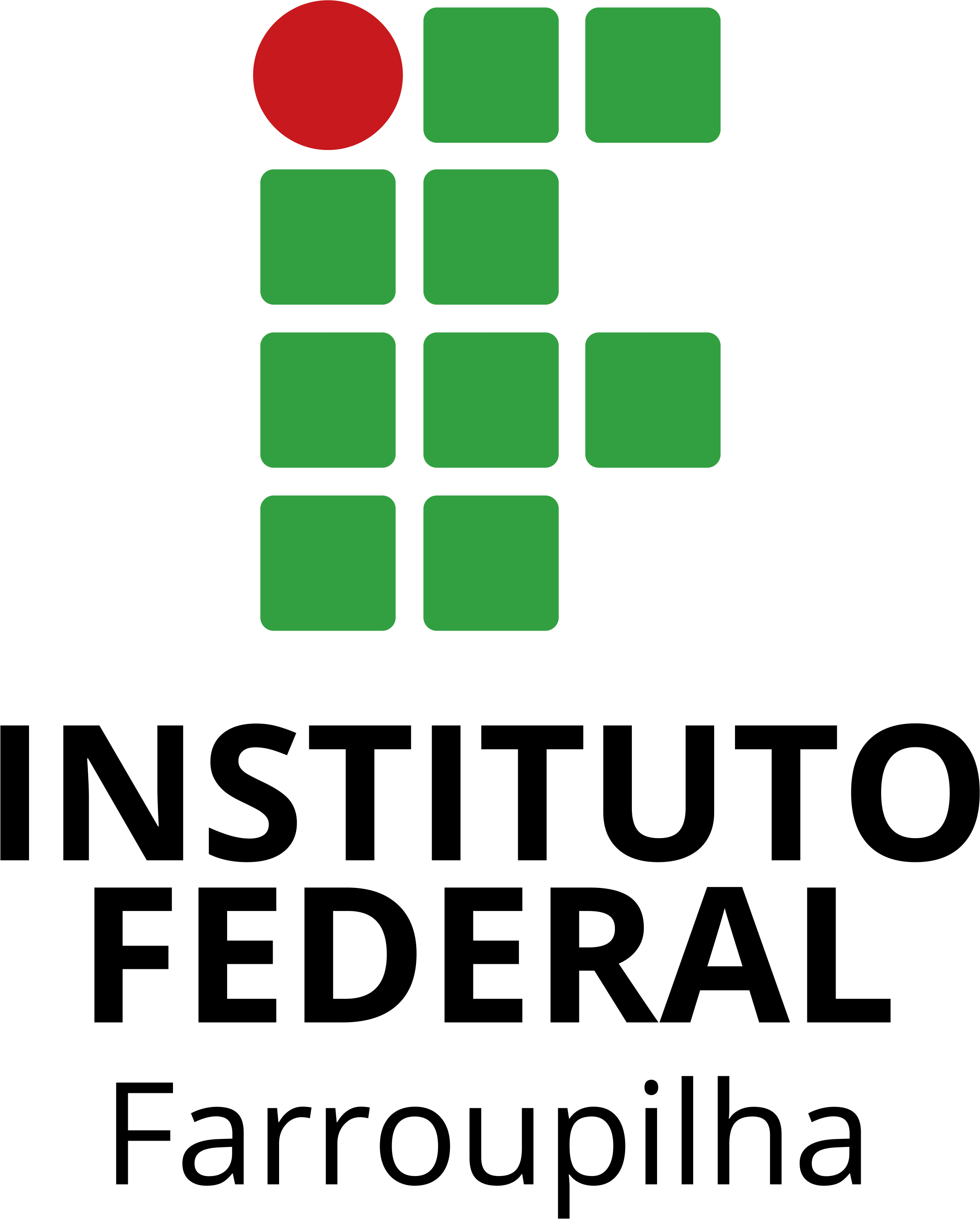Ensino de Ciências e Matemática
URI Permanente para esta coleção
Navegar
Navegando Ensino de Ciências e Matemática por Autor "Lutz, Mauricio Ramos"
Agora exibindo 1 - 2 de 2
Resultados por página
Opções de Ordenação
- ItemInvestigando a aprendizagem de matemática nos anos finais do ensino fundamental em escolas estaduais de Alegrete/RS em tempos de pandemia(Instituto Federal de Educação, Ciência e Tecnologia Farroupilha, 2023) Klein, Eledinéia Diandra Vieira; Lutz, Mauricio RamosThe present study aimed to investigate, from the teachers' perception, the learning and participation of students in the final years of elementary school in Mathematics, during the pandemic period (2020-2021), in state schools in the city of Alegrete/RS. For this case study, a questionnaire with objective and dissertative questions was elaborated. The results obtained were analyzed using the Qualitative Textual Analysis method. From the corpus analysis, two final categories were listed: participation and learning; and teacher perception: facilities and weaknesses. The results showed that the students who accessed the classes remotely or through printed material did not have an active participation. Among the reasons that contributed to the absence during synchronous meetings and the non-commitment to the delivery of activities, one can list the precarious access to internet and equipment, such as computers and cell phones, which culminated in the lack of motivation and interest of students in their studies, corroborating the learning déficit.
- ItemO professor de matemática e o ensino de frações: um estudo investigativo(Instituto Federal de Educação, Ciência e Tecnologia Farroupilha, 2023) Galarça, Luísa Dinele Montanha Marques; Lutz, Mauricio RamosThe present research aimed to investigate how teachers articulate the content of fractions in the final years of elementary school, based on what is stated in textbooks and the Base Nacional Comum Curricular (BNCC). The data were collected from an interview with seven mathematics teachers who are working in the classroom. The interviewees commented that one way to facilitate the teaching of fractions is to work with concrete materials. With the use of these materials the student may have fewer difficulties in his learning, because he can more easily perceive the concept. Moreover, it was found that in the books approved by the National Textbook Program the concept of fraction is always presented from a contextualization, however, it is not presented explicitly. We also noticed that the interviewees have knowledge about the BNCC. In addition, they commented on the importance of initial and continuing education courses to study it, because this is how teachers can appropriate the content, competencies and skills that should be developed at each stage of the student's school life.

